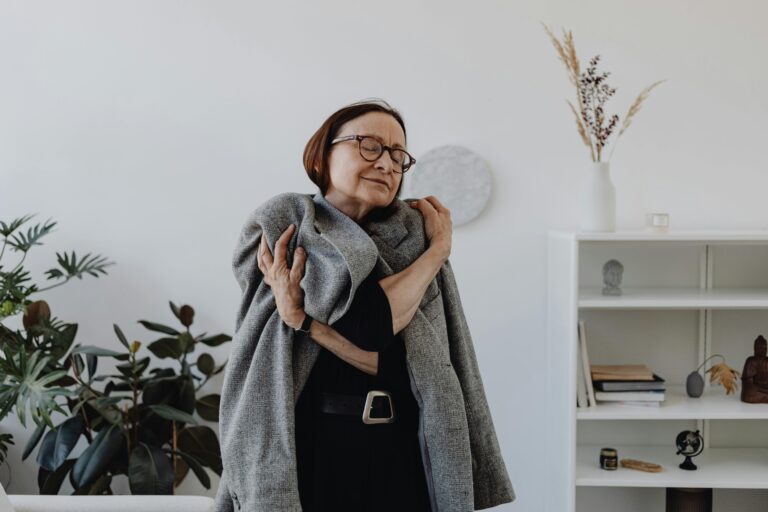What Does "Feel" Mean?

Last time, we talked about the “Feel, Heal, and Thrive” process and what it means. Today, I want to dive deeper into the first part: “Feel.” This stage is all about identifying and understanding your emotions as they come up, making them less overwhelming and confusing. It’s like the foundation of a house—you can’t build the rest without it being solid.
What Does “Feel” Actually Look Like?
So, what does “Feel” really mean in practice? Often in therapy, you sit down and start talking about your issues, diving deep into the painful stuff. While that can be necessary, it can also be pretty overwhelming, right? With the “Feel, Heal, and Thrive” approach, we take a slightly different route.

Noticing Physical Sensations: Imagine you’re talking about a tough situation. Instead of just focusing on the story, your therapist might ask, “What are you feeling in your body right now?” This helps you connect physical sensations with your emotions. It’s surprising how much our bodies can tell us!
Putting Words to Feelings: It’s super helpful to actually name your emotions. Saying, “I’m feeling anxious,” or “I’m really sad about this,” helps make those feelings less scary and more manageable.
Observing Your Reactions: Have you ever noticed yourself telling a negative story or trying to avoid certain feelings? Your therapist might help you spot these patterns. It’s like shining a light on your automatic reactions so you can start changing them.
Normalizing Your Experience: It’s also about understanding that your reactions are normal. You’re not alone in feeling this way, and there’s nothing wrong with you for having these feelings.
Practicing Tools and Techniques: We work on practical skills to manage emotions. For example, if you’re talking about something tough and your stress level hits a six out of ten, we might try some techniques to bring that down to a more comfortable three or four. The idea is to practice these tools in therapy so you can use them in real life.
Taking “Feel” Beyond Therapy
The goal isn’t just to manage emotions during therapy sessions. It’s about giving you tools to use in everyday situations. Maybe after a tough therapy session, you find yourself handling similar situations better outside of therapy. That’s a win! Over time, you’ll start to feel more confident in dealing with challenging emotions on your own.
Moving into “Heal”
You’ll know you’re ready to move from “Feel” to “Heal” when you can manage your emotional triggers more effectively. But remember, it’s normal to go back and forth between these stages. Sometimes, as you dig deeper into your healing journey, you might need to revisit the “Feel” stage to reinforce your coping skills. This back-and-forth process ensures you’re moving forward at a pace that works for you.

Wrapping Up
The “Feel” phase is all about getting comfortable with your emotions and learning how to navigate them. It’s the groundwork for deeper healing. Remember, the goal isn’t to eliminate tough emotions but to handle them in a healthy way. It’s all about progress, not perfection.
I hope this breakdown of the “Feel” phase helps you understand it better. I’d love to hear your thoughts, questions, or experiences with this process. Remember, you’re not alone in this journey. Take care and keep doing good things out there!
If you are needing assistance starting EMDR and trauma counseling, reach out to us…we are here to Help.
Our team of caring therapists are ready to help you on your healing journey. Our highly skilled clinicians will welcome you with warmth and understanding. To start therapy with Hope For the Journey, please follow these simple steps:
- Contact Hope for the Journey
- Meet with a caring therapist
- Begin to Feel, Heal & Thrive!
Other Services Offered At Hope For The Journey
Our team is happy to offer a number of services from our Round Rock and Austin therapy offices. Mental health services include therapy for anxiety and depression, domestic violence, sexual assault, PTSD, and EMDR. Our team also provides support for family members of all ages with counseling for teens and young adults, children and tweens, couples, men, and parents/partners. Contact us today to learn more about our team and community involvement!
